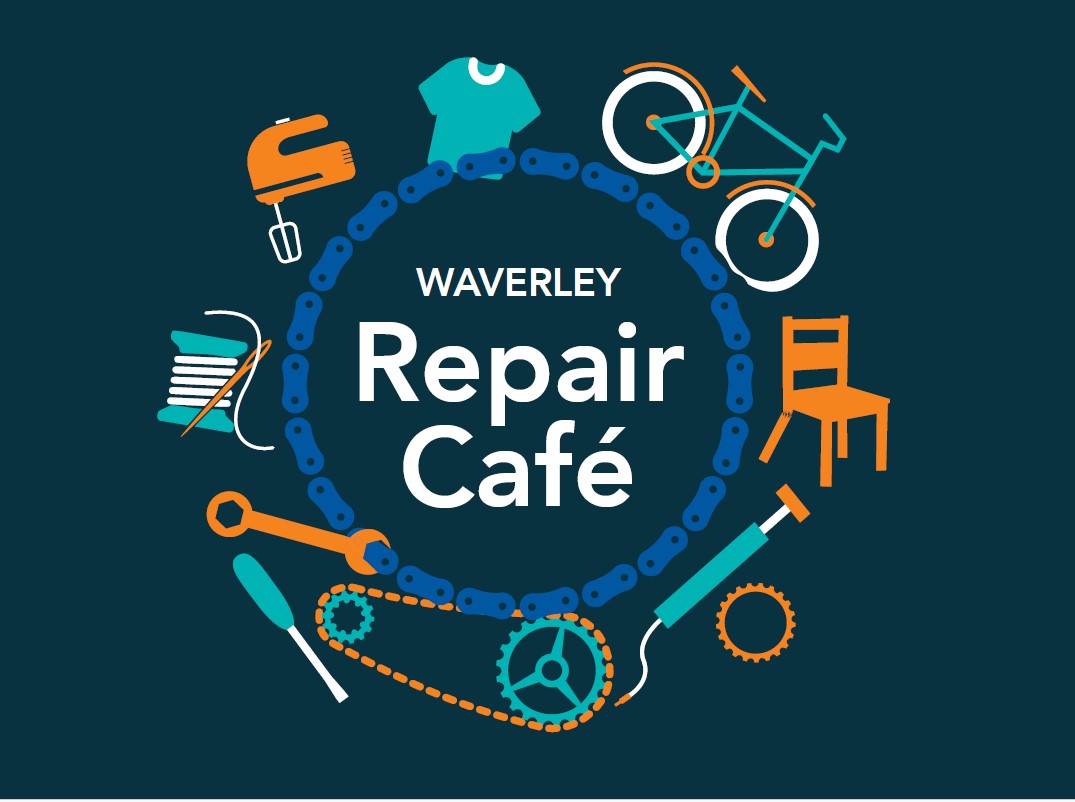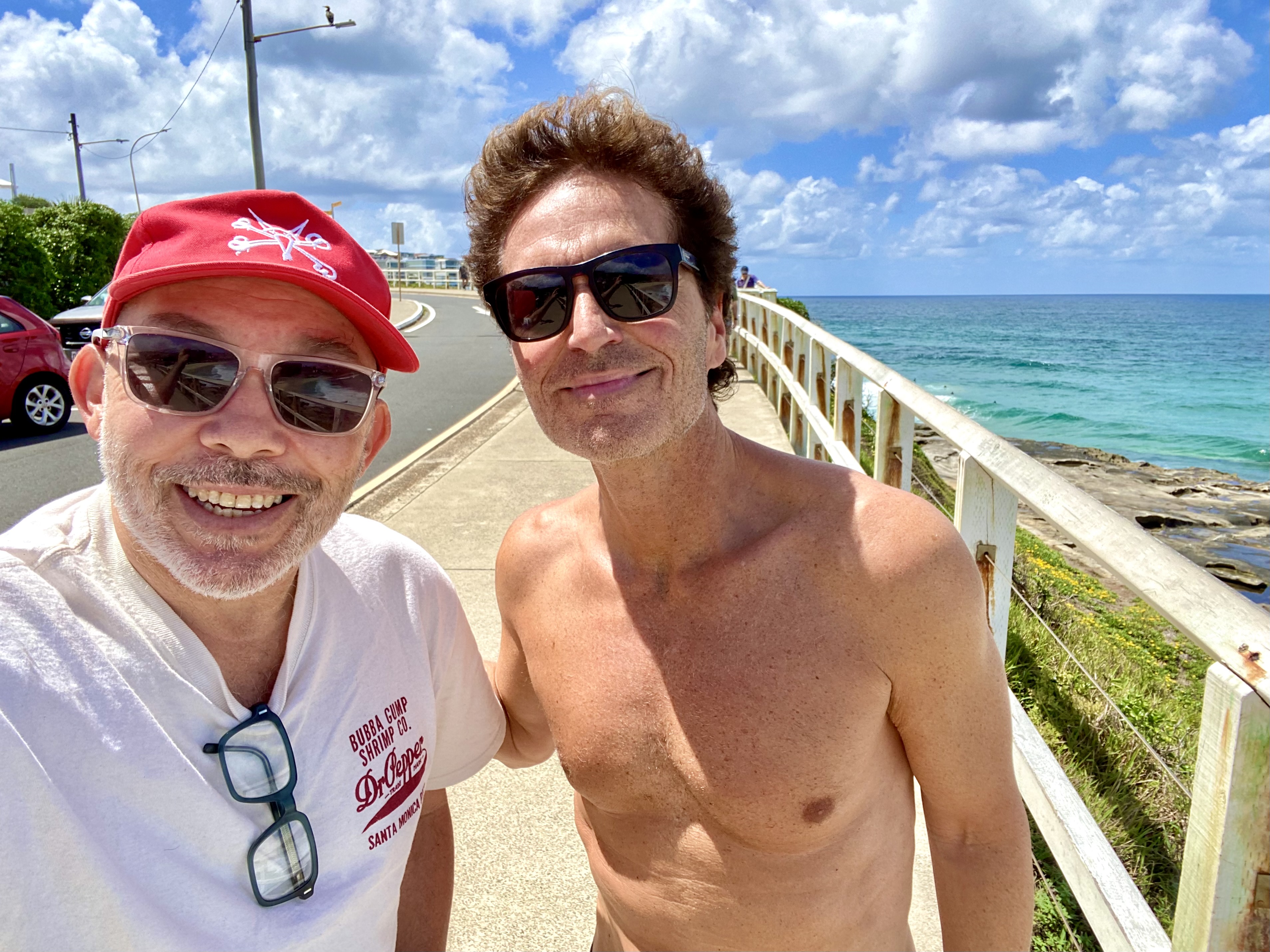
Buying your first home is exciting, but it’s also full of unfamiliar steps and legal terms. One of the biggest ones you’ll encounter is conveyancing. It sounds complex—and it can be—but once you understand the basics, the process becomes much less intimidating. This guide breaks it down in plain English, so you can move through your first property purchase with confidence.
What Is Conveyancing?
Conveyancing is the legal process of transferring ownership of a property from one person to another. In the case of buying a home, it’s what happens between your offer being accepted and you officially get the keys.
This process ensures that:
- The property legally changes hands
- All necessary checks are completed
- Your rights as a buyer are protected
- You meet all legal obligations before the settlement
Conveyancing covers a range of legal and administrative tasks, which are usually handled by a licensed conveyancer or property lawyer.
Why Conveyancing Matters
Buying property isn’t like buying a car or furniture. You’re dealing with large sums of money, contracts, and long-term financial commitments. Mistakes can be costly—not just financially, but legally too.
Conveyancing helps make sure:
- You’re actually buying what you think you are
- There are no hidden debts or legal issues attached to the property
- All parties involved meet their obligations before the settlement date
Whether you’re buying your first apartment or a house in the suburbs, getting the conveyancing right is essential.
Who Does the Conveyancing?
You can technically do your own conveyancing, but unless you’re experienced with property law, it’s risky. Most buyers hire either:
- A licensed conveyancer: a specialist trained to manage property transfers
- A property lawyer (solicitor): a qualified legal professional who can handle more complex transactions
In most residential transactions, a licensed conveyancer is enough—especially for straightforward purchases. However, if there are complications (such as boundary disputes, easements, or off-the-plan developments), it’s worth working with a solicitor.
If you’re buying in Victoria, working with a Conveyancer Melbourne based expert gives you a local edge. They’ll know the specific regulations, council rules, and contract norms in your area.
Key Stages in the Conveyancing Process
1. Pre-Contract
This is when your offer has been accepted, but the legal groundwork hasn’t yet started.
Your conveyancer will:
- Review the Contract of Sale and Vendor’s Statement (Section 32)
- Identify any issues like zoning restrictions, easements, or encumbrances
- Make sure the contract protects your interests
- Advise you on conditions like finance approval or building inspections
In Victoria, the Section 32 document is critical. It outlines everything the seller must disclose, such as:
- Property title details
- Building permits
- Services connected (gas, water, electricity)
- Owners Corporation details (if applicable)
Your conveyancer will go through it all and flag anything unusual.
2. Contract Signing
Once you’re happy with the terms and your checks are complete, you’ll sign the contract.
At this stage, your conveyancer ensures:
- The contract reflects the agreed conditions
- All legal documents are properly executed
- You meet the cooling-off period (if applicable in your state)
Once the contract is signed by both parties, it becomes legally binding. A cooling-off period (usually 3 business days in Victoria) might still apply, depending on how you bought the property.
3. Pre-Settlement
This is the most detailed part of conveyancing, and where your conveyancer works hard behind the scenes.
Tasks include:
- Title search: Confirming the legal owner of the property and identifying any restrictions or caveats
- Rate and levy checks: Making sure council rates and body corporate fees are up to date
- Stamp duty preparation: Calculating how much you owe and arranging payment
- Final contract reviews: Checking compliance with all agreed conditions
- Liaising with lenders: Coordinating with your bank or mortgage broker for loan documents and payment
Your conveyancer also helps organize a final inspection, which lets you check the property is in the same condition as when you bought it—no new damage, rubbish left behind, or broken appliances.
4. Settlement
This is the finish line.
On settlement day, your conveyancer will:
- Exchange funds with the seller’s legal team
- Register the property title in your name
- Ensure all legal documents are lodged with the relevant authorities
- Confirm final figures (such as adjustments for council rates, water usage, etc.)
Once settlement is complete, you’ll get the go-ahead to collect the keys and officially call the property yours.
Common Issues That Good Conveyancing Prevents
A solid conveyancing process isn’t just about moving paperwork—it protects you from problems that can delay or derail your purchase.
1. Title Problems
These include disputes over ownership, old mortgages still attached to the title or caveats placed by third parties. A title search will uncover these.
2. Easements and Restrictions
You might find a shared driveway, drainage easement, or council zoning rule that limits what you can do with your property. Better to know before you buy.
3. Outdated Council Approvals
If previous renovations weren’t approved by the council or don’t have certificates, you could inherit a legal headache. Your conveyancer will investigate permits and approvals.
4. Unpaid Rates or Levies
You don’t want to buy a property and discover the previous owner owed $3,000 in council fees. Your conveyancer checks that all outgoings are paid and up to date.
5. Missed Deadlines
There are strict timelines in a property transaction—your conveyancer tracks these to make sure everything happens on time, avoiding penalties or cancellations.
Costs Involved in Conveyancing
The cost of conveyancing varies depending on the complexity of your purchase, the state you’re buying in, and who you hire. On average, you can expect:
- Conveyancer fees: $800 – $2,200
- Searches and disbursements: $300 – $600
- Stamp duty: Varies by state and property value
- Pexa (electronic settlement): $100 – $120
- Title registration fees: Around $100 – $200
Keep in mind that the cheapest isn’t always the best. A cut-rate conveyancer might skip critical checks or offer limited support.
Questions to Ask When Choosing a Conveyancer
Not all conveyancers offer the same level of service. Before hiring one, ask:
- Are you licensed in my state?
- Do you have experience with first-home buyers?
- What’s included in your quote—and what costs extra?
- Will I be dealing with you directly or through an assistant?
- Can you explain things in plain English?
If you’re buying in Victoria, working with a local Conveyancer Melbourne based team ensures you’re not only compliant with local law, but you’re also getting advice tailored to the local property market.
Can I Do My Own Conveyancing?
Technically, yes—but it’s not recommended unless you have legal training and understand property law. One mistake could delay your settlement, cost you thousands, or even lead to the contract being terminated.
DIY kits exist, but they don’t include legal advice or protection. You’ll be 100% responsible for every legal obligation.
For most first-time buyers, the peace of mind and protection offered by a licensed conveyancer is well worth the cost.
Final Tips for First-Time Buyers
- Get your team early: Don’t wait until after you’ve signed a contract. Engage a conveyancer before making an offer or bidding at auction.
- Budget for the extras: Stamp duty, conveyancing fees, and council rate adjustments add up. Know your total costs before committing.
- Read before you sign: It’s tempting to rush, but property contracts are legally binding. Always have your conveyancer review before signing.
- Ask questions: This is your home and your money. A good conveyancer will explain everything and keep you informed throughout.








